International Women’s Day, whose theme this year is “I Am Generation Equality: Realising Women’s Rights,” is celebrated on the 8th March. It was first organised in 1909 in New York by the Socialist Party of America to draw attention to women’s rights, and to bolster the demand for women’s suffrage. For years the day was associated with Socialist and Communist movements; in 1936, on the eve of the Spanish Civil War, Dolores Ibárruri, a leading member of the Spanish Communist Party, headed a commemorative march through Madrid. Then in the 1960s the feminist movement adopted the day as their own, and later in the 70s and 80s, it grew in popularity as more and more women called for equal rights, equality of pay and protection against domestic violence.
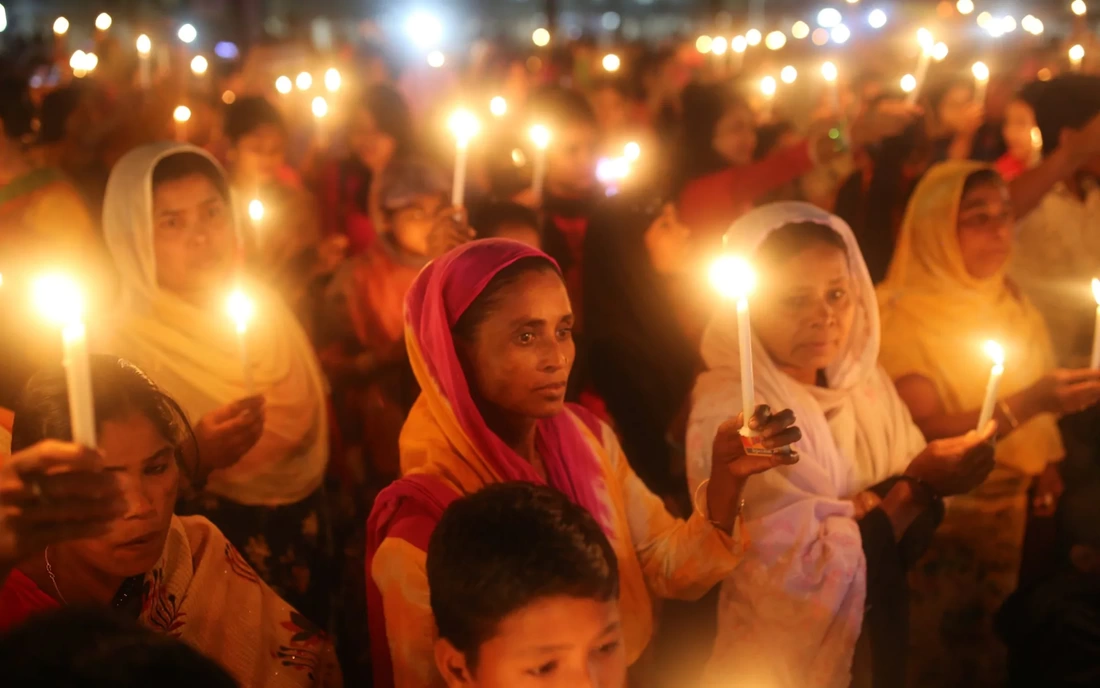 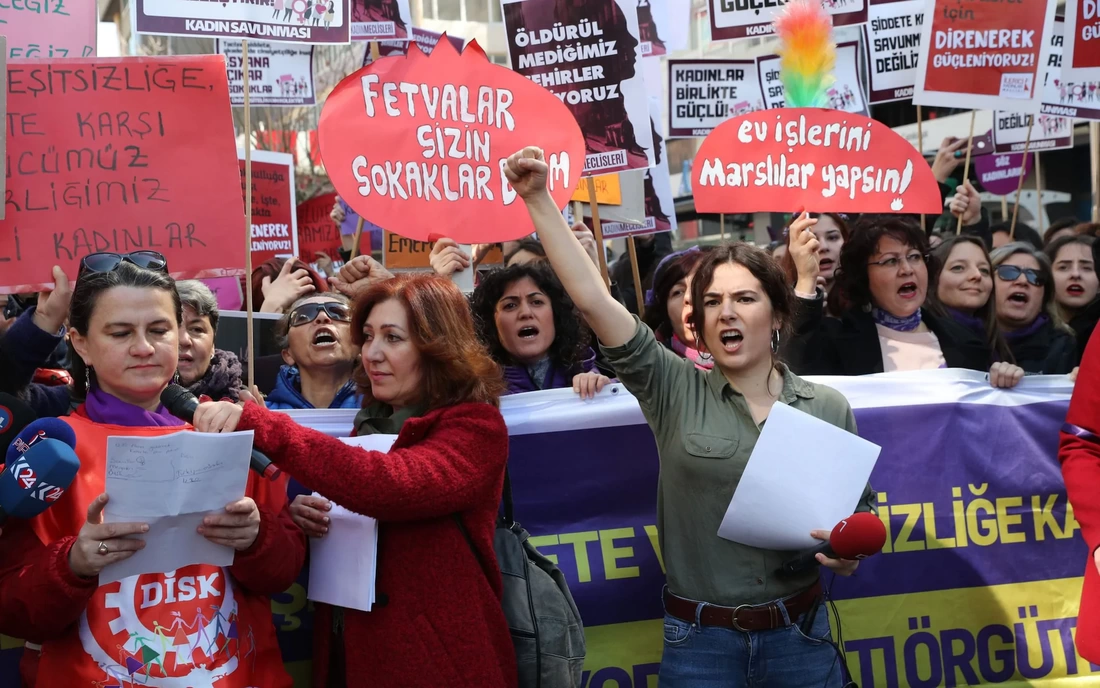 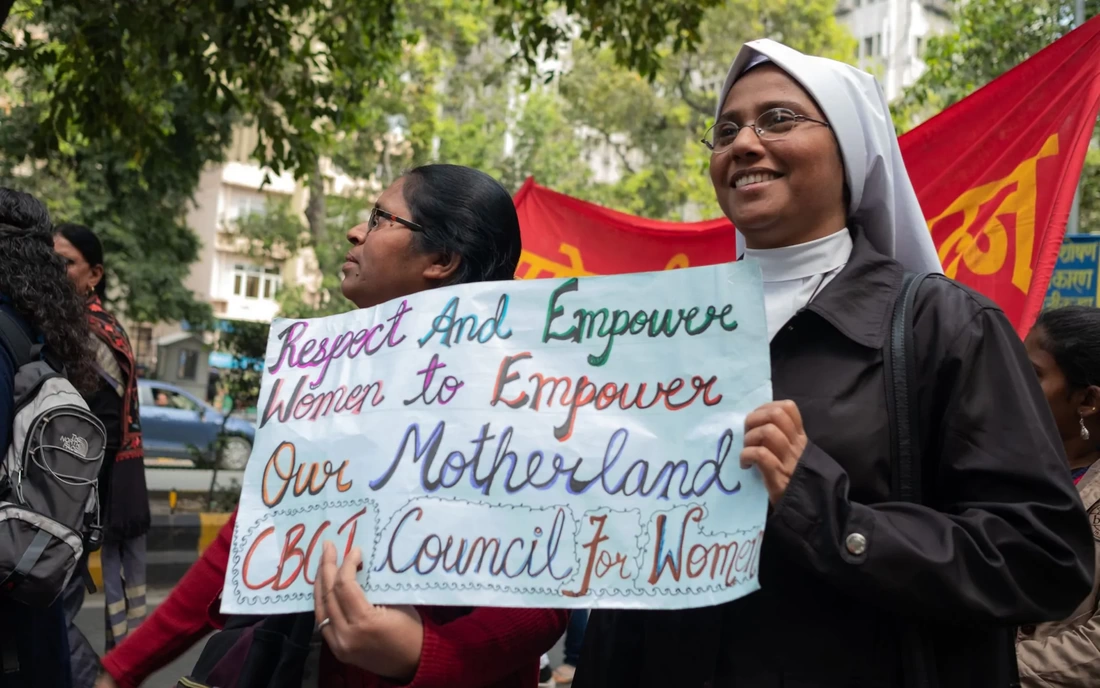 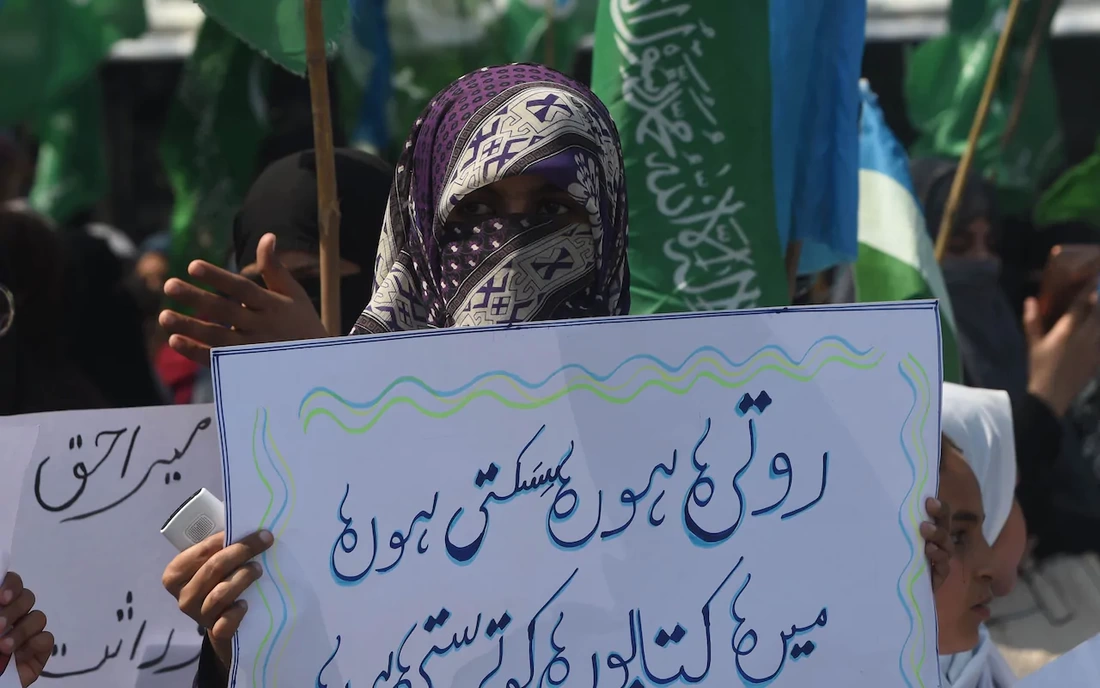 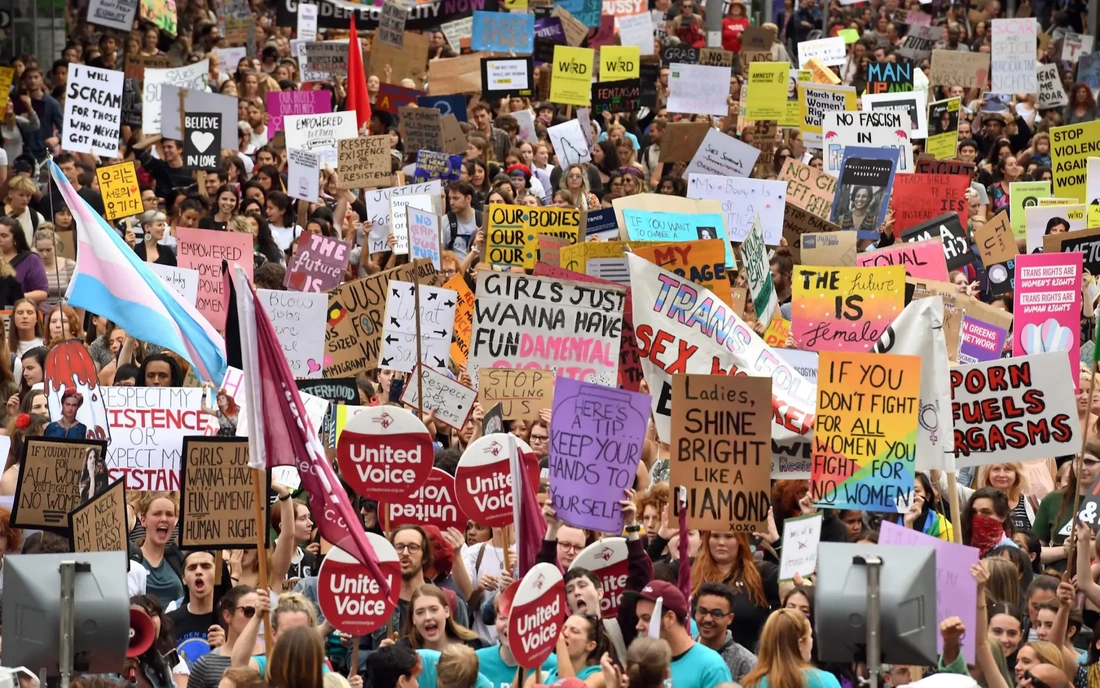 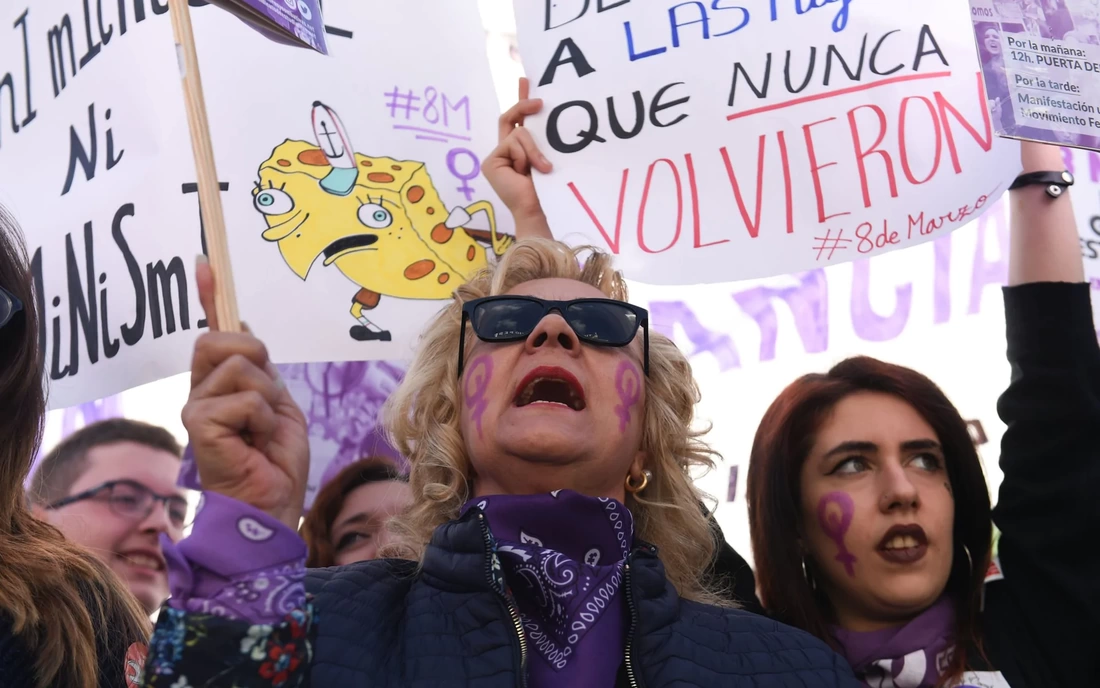 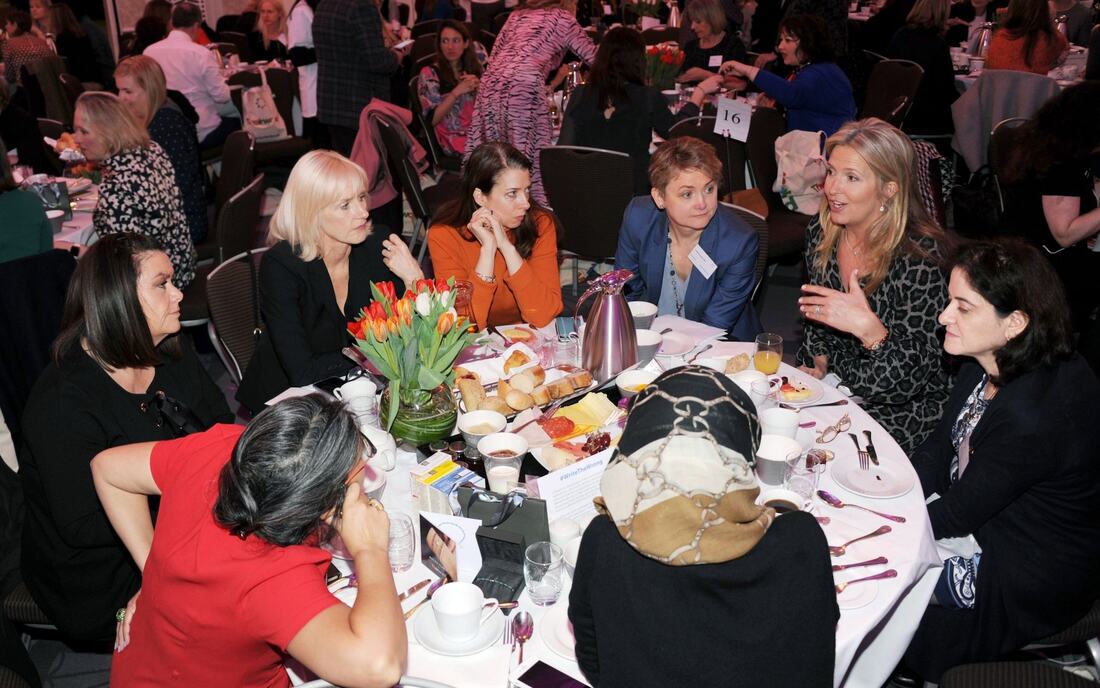  Play
Pause
|
Now International Women’s Day is celebrated across the world; in some countries it is a day of celebration, and in others a day of protest; in 2007 a women’s rally in Iran was broken up by police and many people were arrested. In Spain, on International Women’s Day last year, hundreds of women went on strike, either staying away from work or abandoning their normal domestic duties, leaving their husbands to care for the children or the elderly.
Although the situation of equality for women varies greatly from country to country, here in western Europe women have achieved much of what they wanted, especially in Spain. Spanish women have come a long way since the death of Franco, but sometimes it is good to look at the past and see just how far that is.
When I first moved to Spain, I decided to write a book about the lives of women under the dictatorship. I called it Daughters of Spain.
Before the Spanish Civil War, women had gained many rights: they had the vote, and were given full legal status within the state. They could have their own bank account, adultery was no longer a crime and abortion was legalised. Women were allowed free access to the labour market, some limited maternity leave, and the length of the working day was reduced to eight hours, leaving women with more time to work in the home. All that changed when Franco came to power and I found it heart rending to listen to some of the things the women whom I interviewed told me. Like, “J” who was not allowed to have her name put on her baby’s birth certificate because she was unmarried, and subsequently had no rights whatsoever regarding her own child. And “L,” whose husband kept her virtually a prisoner for forty years, without friends and family. Or “MJ” who was divorced, and concluded our interview with the words: ‘Am I happy? Yes, I’m happy with what I’ve done, but truly happy? I don’t know. At least now I make the decisions; first it was my father making decisions for me, then my boyfriend, then my husband; now I make the decisions.’
Will this Sunday be a day of protest or celebration? One of the main issues for women throughout the world is domestic violence. In Spain last September women came out in protest over a summer of violence where 19 women were killed by a husband or partner. By the end of 2019 there had been 55 fatalities. Already this year thirteen women have been killed by their partners or husbands. And that is despite the law against domestic violence that was passed in 2004.
And Spain is not the only country in Europe. In fact it is well down the league table of these horrific crimes, below the UK, France and Germany.
And Spain is not the only country in Europe. In fact it is well down the league table of these horrific crimes, below the UK, France and Germany.
Whatever you do to celebrate International Women’s Day, whether you are 65+ or a teenager, remember that here in Europe, women have a voice. Maybe women haven’t achieved all that they would like, but at least they are going in the right direction and that’s something to celebrate.
By the way, did you know that there’s an International Men’s Day as well? It’s on 19th November. Can’t say I’d heard about it before, but it’s focus is on men’s and boy’s health, improving gender relations, promoting gender equality, and highlighting positive male role models. Sounds good.


Recent Comments